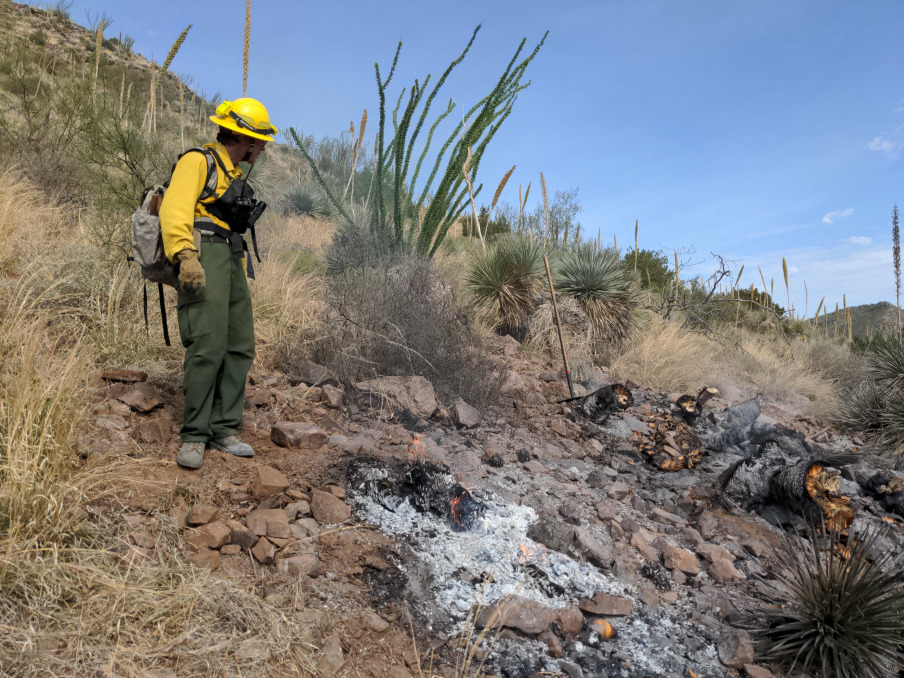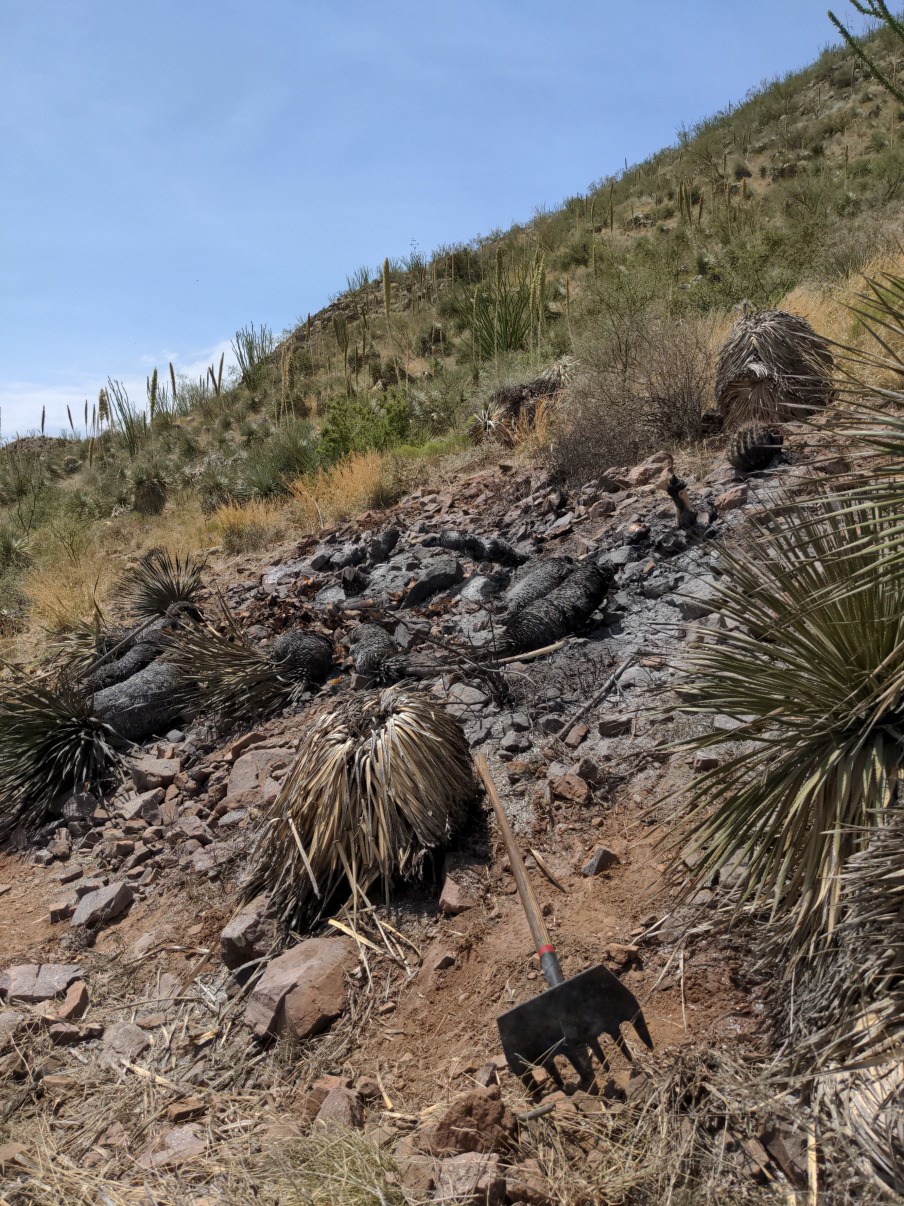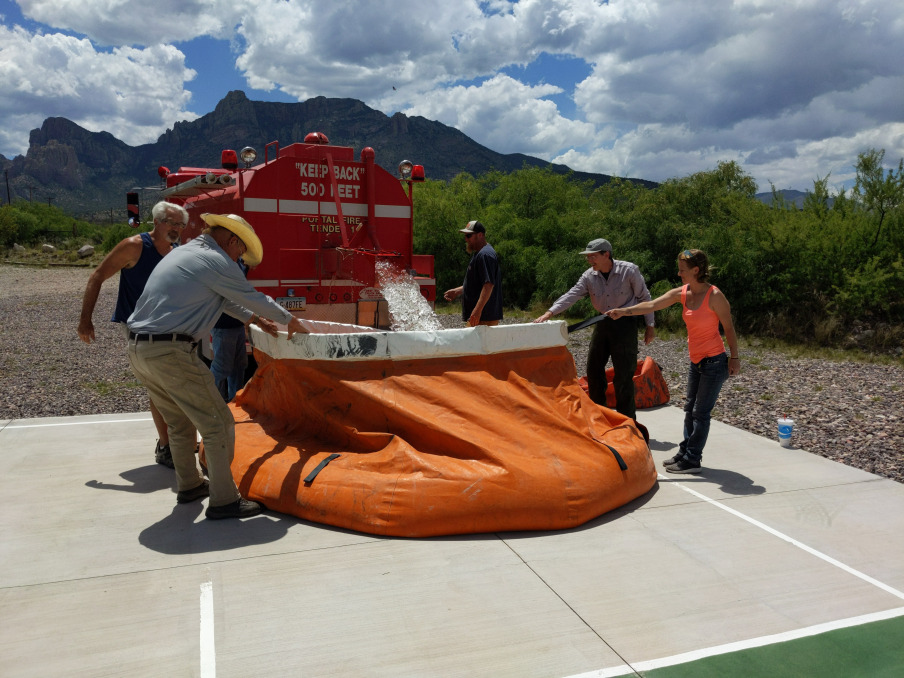Welcome to Portal Fire
Below are some links I use to keep current on wildland fire conditions and news and issues. I hope you’ll find them useful. At the bottom is a Question and Answer section.
I joined Portal Rescue in 2006 because I wanted to serve the community and because I’ve long been interested in how to make something inherently dangerous (like firefighting) safe enough to attempt. We’re always looking for good men and women. If you’d like to join Portal Rescue contact me.
– David Newton, Fire Chief, Portal Rescue Inc. firechief@portalrescue.com
Q & A
Q: What kind of incidents does Portal Fire respond to?
A: We are trained and equipped to respond to wildland fires. We also respond to search+rescue and motor vehicle accidents, and we assist in facets of medical calls. Due to the realities of our response times and our personnel it is unsafe for us to aggressively attack structure fires. Our response to structure fires is defensive.
Q: What good is it to just be defensive?
A: If your shed catches fire we’ll work to keep it off your house. If your crazy neighbor lights up his place we’ll work to keep it off yours. If a powerline starts a fire we’ll work to keep it from spreading.
Q: Where have you recently worked?
A: This map shows where we’ve participated in fires since April 2008.
Q: Do the firefighters get paid?
A: Yes and No. Yes, firefighters are paid for their work on wildfire suppression outside our small local response area. Funds for this come from a state contract for our use of our apparatus during that suppression. No, they are not paid for anything else. We do reimburse for training and provide Personal Protective Equipment except for boots. The Chiefs and Board are unpaid.
Q: What kinds of apparatus does the fire department have?
A: We have 3 brush trucks, 2 water tenders, and 1 pumper.
Q: What are the requirements to join Portal Rescue as a firefighter?
A: A 40 hour class in wildland fire behavior, skills, strategies, and fire weather. For assignment to fires after the first “initial-attack” you’ll also need to pass an annual “pack test” which requires you to carry a 45 pound pack for 3 miles in 45 minutes or less.
Our current firefighters:
Tony Costantini
Eric Desfachelles
Alina Downer
Henry Essary
Scott Huber
David Newton – Chief
Larry Rivers
Lance Shultis
Aaron Smith
Andrew Waser
Brian Whitehorn
John Yerger




